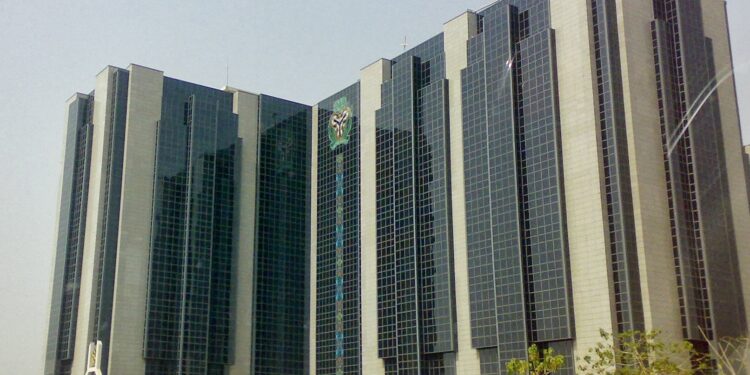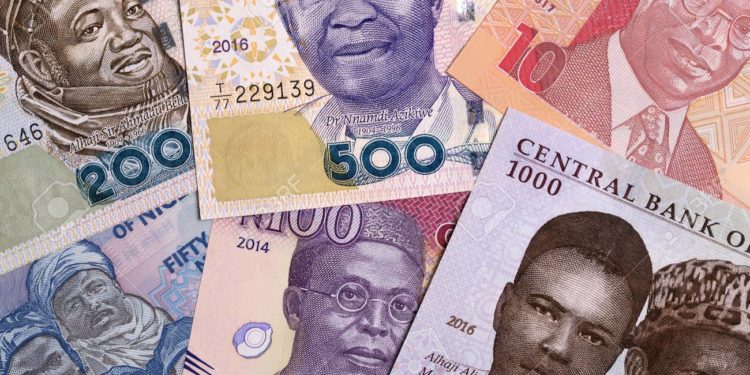On Friday, October 13, 2023, via a circular released the Central Bank of Nigeria (CBN) lifted its self-imposed ban on 43 previously banned items.
The Background
As of June 2014, crude oil prices averaged $100 a barrel; a year later, crude oil prices as of June 2015 fell to $59. when oil prices fall, Nigeria’s external reserves also fall.
A weak market for crude oil leaves the Central Bank of Nigeria with two options: it can Defend the Naira by spending its reserves of $ to buy the Naira, or it can devalue the Naira, thus making imports more expensive and reducing demand for $
The CBN chose instead to administratively reduce importers’ demand for USD from its FOREX reserves by artificially decreasing demand. It accomplished this by banning forty-three items from the local forex market.
Thus, items like rice, cement, meat, and tomatoes were marked as “not valid for forex in Nigeria. In practice, if an importer needed to import rice, that was possible, but that importer could not access forex from the commercial banks regulated by the CBN.
The Practice
This administrative policy created a two-tier market for forex in Nigeria.
In practice, exporters preferred to keep their export earnings from the CBN despite a clear CBN circular instructing them to do so.
The CBN rate, because it was pegged and thus subsidized, became the preferred source to buy forex from, but the black-market rate, because it was not subsidized, became the preferred source to sell forex to.
When Nigeria sold crude oil, it subsidized its forex earnings and sold it to willing buyers at the lower CBN rate.
Still, because that rate was lower, exporters preferred to sell their export earnings to the black market, resulting in a faster depreciation of the CBN foreign reserves and the creation of a robust parallel market for dollars.
The Solution?
CBN’s recent reforms included de-pegging the Naira and allowing it to float, albeit a managed float. The idea was to remove the dollar subsidy and thus enable the CBN to compete with the parallel market for the inflow of export proceeds and remittances.
However, CBN retained its ban on the forty-three items, creating a market based on something other than willing buyers and sellers.
The managed peg did not equalize the rates offered by the CBN and the parallel market; it cannot. Why would exporters sell to the CBN when the importers of the “banned for forex list ” can pay higher?
CBN’s new policy is intended to fix this disparity. By removing the administrative controls (43 items banned), the CBN is now advertising that it will compete as a buyer and seller of first resort in the FX market.
If commercial banks can now sell forex to all importers at a market price determined by the commercial banks, then the banks will begin to aggressively lock in $ deposits to create a trading float for importers.
The role played by the P2P and another parallel market will be reduced because their main selling point, “all access, ‘ will be removed. This policy is more of a killer of P2P.
Will This Increase Remittances?
Removing the administrative control does not guarantee that more forex will flow into the CBN, but it does remove the impediment to more forex flowing in.
The key word is still supply. CBN needs more supply of forex. The CBN needs to liberalize the FX operations at retail banks further, and BDCs make remittances seamless and cost-effective.
FPI is more short-term, and FDI is longer-term, and remittances will flow in because of macroeconomic stability and security. Chase that.
Export earnings have been hampered by oil theft; the Delta needs to be secure to increase oil exports and, thus, forex earnings.

























The simplicity and narrative is much appreciated.
This also explains why the gap between official and black market rate is still wide, despite the float regime.
We have a population relatively the size of that of Brazil, but their economy is 3x our own. The problem with Nigeria is that we are not a productive nation. Until we figure out how to make and export valuable products, attract tourists, produce the things we consume to reduce import, everything we do about our forex crisis will always be a temporary fix.